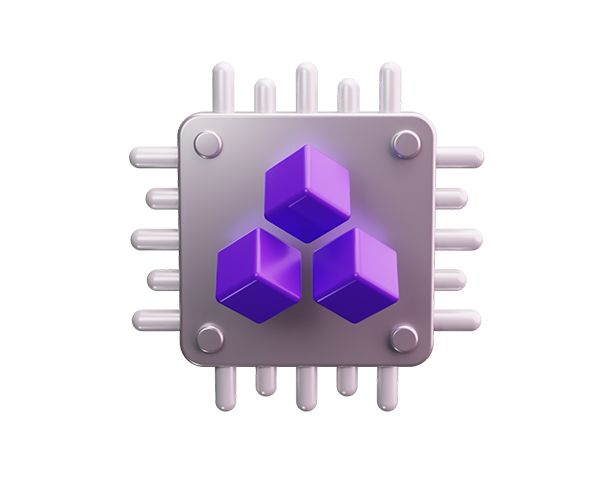Embracing the Future
In today’s fast-paced and rapidly evolving digital landscape, businesses are constantly seeking innovative ways to stay ahead of the curve. One such innovation that has gained significant traction in recent years is the integration of artificial intelligence (AI) into enterprise architecture. This transformative approach holds the potential to revolutionize the way organizations operate, making processes more efficient, insightful, and adaptive.
AI integration in enterprise architecture involves the seamless incorporation of AI technologies into the fundamental structure and operations of an organization. This can encompass a wide range of applications, including but not limited to data analysis, predictive modeling, natural language processing, and automation of tasks. By leveraging AI in this manner, businesses can unlock new opportunities for growth, optimization, and competitive advantage.
One of the key areas where AI integration is making a profound impact is in data management and analysis. With the vast amounts of data generated by modern businesses, traditional methods of analysis often fall short of extracting meaningful insights promptly. AI-powered analytics, however, excel in processing large volumes of data at unprecedented speeds, identifying patterns, trends, and anomalies that would have otherwise gone unnoticed. This enables organizations to make data-driven decisions with a heightened level of accuracy and foresight.
Moreover, AI integration in enterprise architecture facilitates the automation of repetitive and labor-intensive tasks, freeing up human resources to focus on more complex and strategic endeavors. By deploying AI-powered solutions for routine processes, businesses can streamline operations, reduce errors, and allocate human talent to areas where creativity, critical thinking, and emotional intelligence are indispensable.
Furthermore, AI integration paves the way for enhanced customer experiences and personalized services. Through AI-driven algorithms, organizations can gain deep insights into customer behavior, preferences, and needs, enabling them to tailor their offerings in a highly targeted and individualized manner. This not only fosters stronger customer loyalty but also drives increased sales and revenue.
However, it is important to note that the integration of AI into enterprise architecture is not without its challenges. Security and ethical considerations, data privacy, and the potential impact on the workforce are among the critical factors that must be carefully addressed. Additionally, the successful integration of AI requires a comprehensive strategy, robust infrastructure, and a culture that embraces innovation and continuous learning.
In conclusion, AI integration in enterprise architecture represents a paradigm shift in how businesses harness technology to drive growth and innovation. By embracing AI, organizations can gain a competitive edge, optimize their operations, and deliver unparalleled value to their customers. As AI technologies continue to mature and evolve, the possibilities for its integration into enterprise architecture are virtually limitless, heralding a future where intelligent systems and human expertise work in harmony to achieve remarkable outcomes


